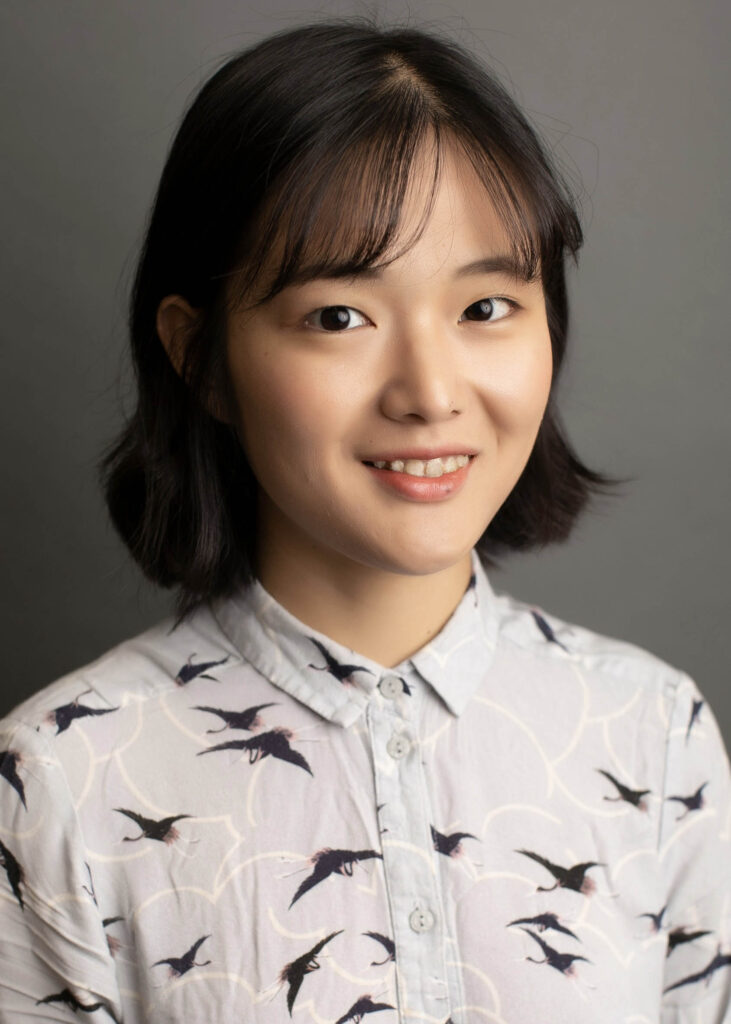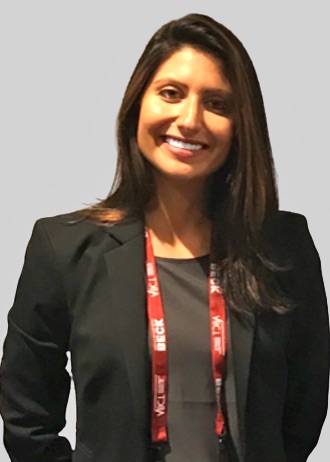Meet the new faculty in the School of Psychology and Counseling
Say ‘hello’ to the new faculty members in the School of Psychology and Counseling!

FDU: What classes are you teaching this semester? Which is your favorite?
Lisa Bracamonte: This semester I am teaching several sections of Theories of Personality and Administration and Supervision of Psychological Services. My favorite is the Theories of Personality course because the subject matter relates to so many topics and really encourages students to think creatively. Understanding the foundations of personality theory makes it possible to quickly apply the information to themselves and others. We discuss personality in both historical and cultural contexts, which furthers understanding for all and hopefully encourages a connection with our global community.
FDU: Other than your academic work, what sparks your curiosity?
LB: Prior to teaching at FDU, I had several careers — as a teacher, a school psychologist, and a private practitioner. Applying psychological concepts to improve learning and mental health within public school systems and for children in general remains a passion of mine. Teaching at FDU is an opportunity for me to make a positive impact for future generations.
FDU: What brought you to FDU?
LB: I am a proud FDU alumna, so I first came to the University because of the strong academic offerings. After earning my doctorate, I began teaching as an adjunct professor and ultimately came on as a full-time lecturer.

FDU: What does your research about the role of clothing in the workplace tell us?
Yingyi Chang: My dissertation delves into the significance of workplace clothing, examining how factors like formality, provocativeness, and fashionability, along with uniforms and religious clothing, affect perceptions. Using attribution theory and the stereotype content model, I aim to examine how these clothing attributes influence how others perceive competence and warmth in the wearer, subsequently impacting performance evaluations and workplace support. For example, the study revealed differences in the effects of provocative and sexy clothing for males and females. For female wearers, wearing provocative attire is associated with being perceived as more competent, thereby affecting performance evaluations and the level of workplace support received.
In general, surprisingly, there isn’t much research examining clothing in the past, and I note that noted that clothing effects may differ depending on contextual factors. For example, it is worth exploring whether clothing effects vary across virtual versus in-person platforms. Due to the impact of the pandemic, working from home has become more common, and a new clothing norm may emerge for virtual workplaces as people dress more casually at home (e.g., Lipton & Basu, 2022). On the other hand, the dress code for a virtual workplace might be no different. Individuals may adopt strategies to emulate office routines including wearing normal work attire even when working from home (Allen et al., 2021). Other situations imposing different clothing demands (e.g., internal meetings versus client meetings) might prove relevant as well.
FDU: What kind of superpower would you want to have if you could, and why?
YC: If I could have a superpower, I’d love to be the Time Wizard! With the power to master time management, I’d become the ultimate multitasker, effortlessly handling various responsibilities, tasks, and projects. It would ensure that work and fun seamlessly coexist in my day. No more choosing between work and life — I’d do it all, and with style!
FDU: What brought you to FDU?
YC: I was drawn to FDU primarily because of its vibrant and diverse academic community, where students take center stage. The campus has a dynamic energy, and the supportive faculty create an environment that is conducive to student success. The School of Psychology and Counseling is dedicated to both student growth and faculty professional development. Joining the faculty at FDU has been a rewarding experience, and I look forward to actively engaging with students, furthering their academic excellence, and creating valuable connections throughout their educational journey.

FDU: What barriers to treatment do people involved with the criminal legal systems face?
Melissa Slavin: When you think about the common hurdles individuals in the general population experience accessing treatment, you can imagine the significantly compounded difficulties faced by marginalized communities, such as people involved in criminal legal systems.
Beyond the financial constraints preventing access to therapy, medication, or rehabilitation programs — comprehensive healthcare is often elusive in correctional facilities and underserved areas. The pervasive stigma surrounding mental health and substance use disorders also acts as a significant deterrent, especially for those who already face marginalization. People of color, particularly Black and Latino individuals, disproportionately represented in criminal legal systems, confront additional hurdles stemming from structural racism. During incarceration, gaps in care arise, reintegration becomes challenging, and legal barriers hinder access to treatment. Cultural and language differences further complicate matters. These interlinked challenges underscore the urgent need for sweeping reforms and enhanced support structures to ensure equitable access to treatment. There are ample opportunities to introduce comprehensive health services tailored to address the diverse needs of individuals involved in criminal legal systems.
FDU: Who was your favorite teacher when you were a student?
MS: The teacher who left the strongest mark on my academic journey was my advisor during my doctoral studies, Mitch Earleywine. He epitomized the qualities of an exceptional mentor, serving as a true role model. Dr. Earleywine’s authenticity, supportive nature, coupled with his sense of humor, fostered an environment where creativity thrived. His unwavering encouragement allowed me to explore numerous unconventional research ideas. Dr. Earleywine consistently prioritized my passions, igniting in me an enduring enthusiasm for research that continues to shape my own approach to mentoring students.
FDU: What brought you to FDU?
MS: From my first meeting with faculty at FDU, I felt incredibly positive about the School of Psychology and Counseling and the University itself. During interviews, I met some truly enthusiastic individuals who were deeply invested in research, teaching, and clinical practice — all areas that align perfectly with my own interests. What also stood out for me about FDU is the personalized approach they offer, making me feel supported and understood, both in terms of my teaching and research aspirations. Being surrounded by dedicated faculty who are keen to collaborate is just fantastic and exactly the kind of environment where I can thrive. Additionally, I am drawn to FDU’s strong focus on students — that’s the driving force behind my career choice and what I find most fulfilling.